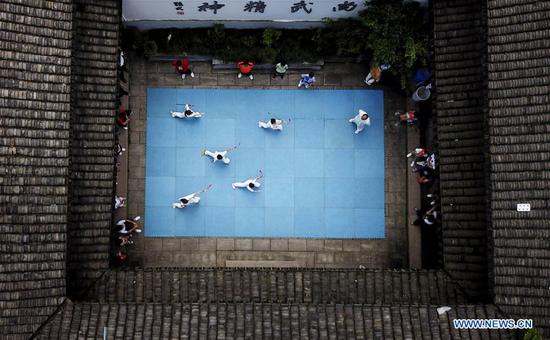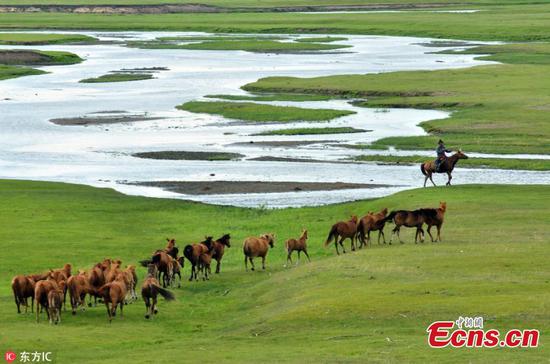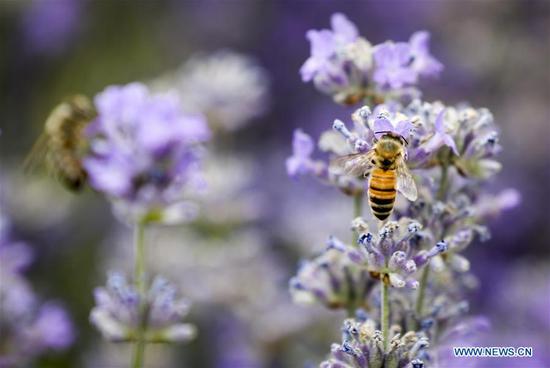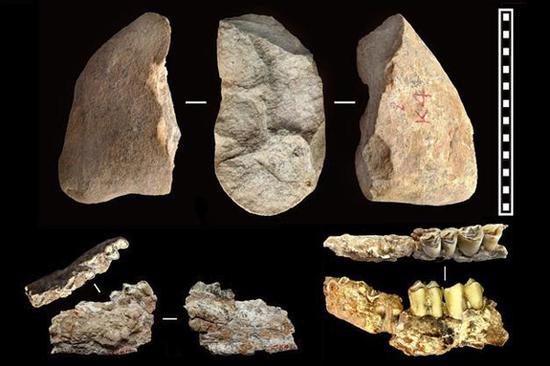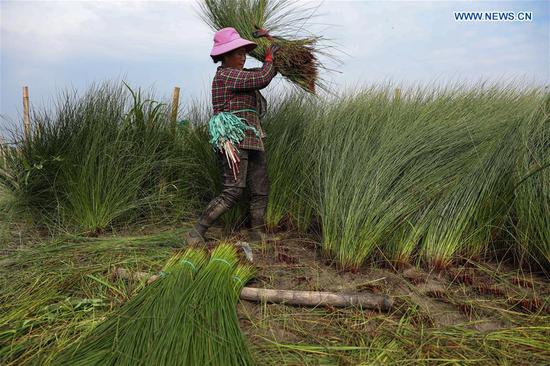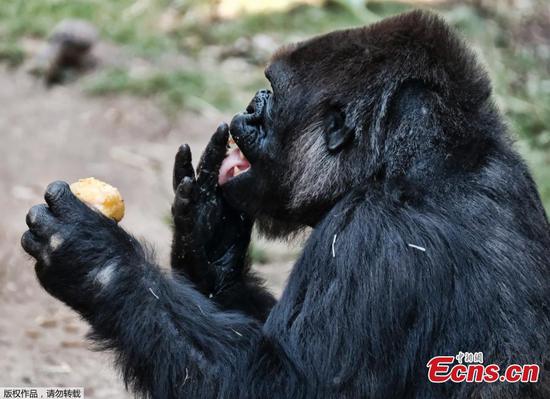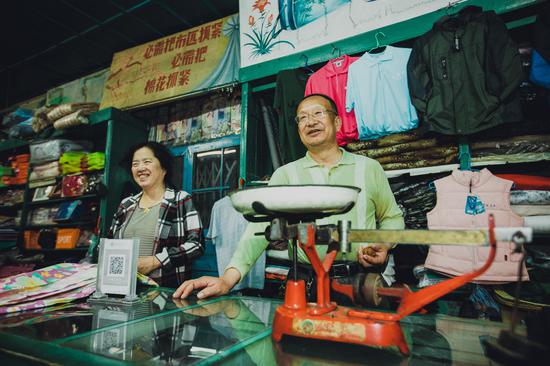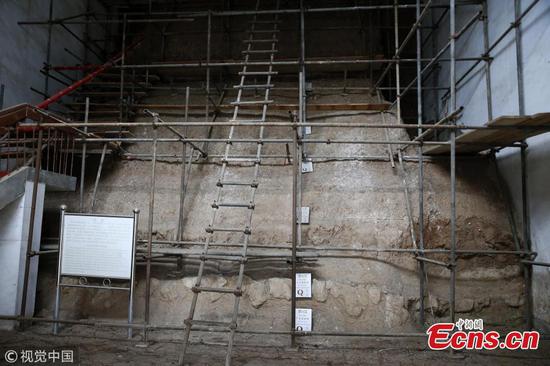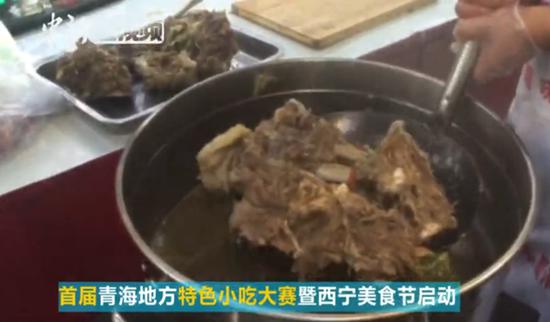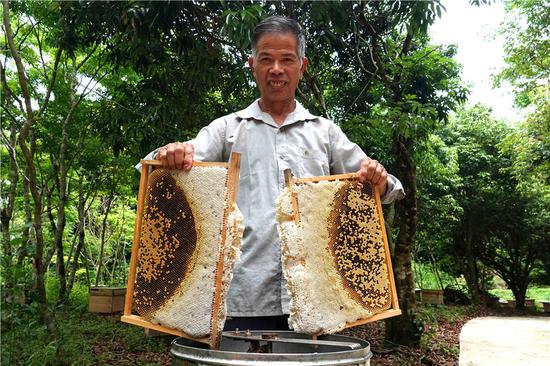
Jiang Shanhai, a beekeeper in Qiongzhong, Hainan province, harvests honey at his farm. (Photo: For China Daily/Zhu Dequan)
"Any adult resident could do the job, but we choose those who are comparatively poor to take care of the daily wastewater disposal system," said Wang Zhongling, head of a local company in charge of the treatment. The system can handle 25 tons of wastewater daily - 100 percent of the village's output - Wang said.
Dabian village's 64 households belong to the Li ethnic group, the original inhabitants of tropical Hainan. The village, once poverty stricken, untidy and foul-smelling, has changed.
"The project, which is run by a public-private partnership, has effectively controlled the pollution of local water resources." said Li Guoqing, a senior official in charge of publicity for the CPC Qiongzhong county Party committee. "It will cover all the villages in the county in two years. Qiongzhong's practice is expected to be promoted to all villages across the island province in the near future."
Also of importance are projects that have opened access to things such as electricity and natural gas. Built for farmers with county loans at low interest rates, the projects have reduced air pollution, cut consumption of firewood and helped foster green low-carbon lifestyles, Li said.
Energy improvements
Wang Jingjing, an official who is taking care of Dabian village's once-poor families, said: "Farmers not only have enough power to run their electrical appliances, but can also earn extra money - as much as 3,000 yuan a year per household - by selling part of the electricity they generate with solar panels back into the State grid."
Wang Suqiang, a Dabian resident who cooked for more than 30 years with firewood gathered from the mountains, said he likes cooking with natural gas better. The gas was made available last year.
"Living in a much more beautiful environment now, I can see the importance of not chopping wood," he said.
Under medium-sized palm trees, Qiongzhong farmers are growing the Chinese herbal medicine Alpinia oxyphylla, or raising honeybees, sheep, geese or chickens.
The "economy under the trees" - a popular practice of growing crops or poultry in rural areas, has become an important means to help the farmers escape poverty, with targeted poverty relief support from the county government, publicity official Li said.
Official data show that more than 4,000 households raised 610,000 honeybee hives last year, producing 457.5 tons of honey worth 36.6 million yuan. Qiongzhong's honey products and green oranges have earned national collective geographical trademarks thanks to their unique local ecological nourishment.
Farmers are improving their lot through rural tourism businesses, such as Li-and Miao-style household hotels, restaurants and stores.
Construction of ecological civilization has markedly improved the communal spirit of residents, Li said.
"People now have more public consciousness, care more about their living environment and are happy to attend various lectures teaching how to raise silkworms and grow fruits or other crops."









